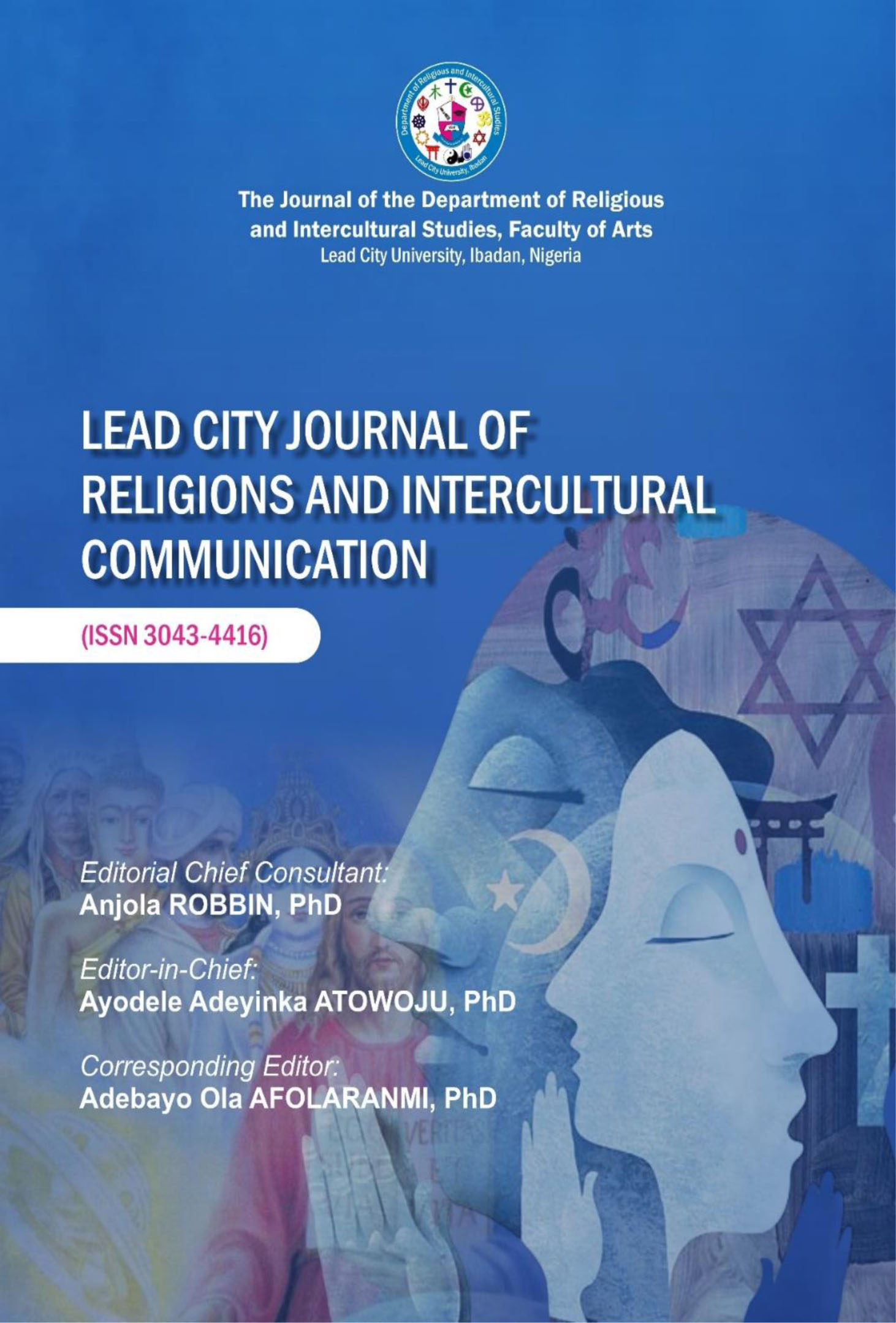Leadership Roles in Overcoming the Challenges of Multiculturalism in Christ’s Disciples Missionary Foundation in Mubi, Adamawa State, Nigeria
Keywords:
Leadership Roles, Multiculturalism, Non-Governmental Organization (NGO), Culture ShockAbstract
In any organization, whether private or public, the ability to achieve the set goals
depends on the leadership skills of the management. Christ’s Disciples
Missionary Foundation (CDMF) in Mubi, Adamawa State, Nigeria is a
multicultural and non-governmental organization (NGO) that seeks to take the
gospel of Jesus to the unreached people and also engage in rural development
of the community. This paper aims to investigate the relevance and the effects
of good leadership in a multicultural setting like the CDMF. This paper
researches how leaders of CDMF explore leadership training, skills, and styles
to annex workers of various cultural backgrounds and perspectives to work in
unity and harmony towards organizational goals and effectiveness in nongovernmental organizations. This paper looks at why the staff of this NonGovernmental Organization in Nigeria, keep holding the fort, despite the
problems that multiculturalism presents in today’s globalization. The focus is to
research, analyse, and make suggestions on how the NGO overcomes the
cultural shock its face in the process of carrying out its mandates among people
of different cultures. Transformational Leadership Theory is the theory
deployed for the study. The central research question is: Why did the work of
Christ’s Disciples Missionary Foundation (CDMF) spread beyond Mubi Local
Government Area of Adamawa State Nigeria to Cameroon and Chad despite
being an NGO? The methodology deployed was Rigorous literature review on
leadership, missionary work, and challenges of multiculturalism organizations.
Christ’s Disciples Missionary Foundation Mubi, Adamawa State, Nigeria was
used as a case study. The finding was that servant-leadership style deployed by
the organization negates the challenges of multiculturalism in non-governmental organizations. It is recommended that workers in a new community should be encouraged to learn the language and the norms of the host community to know why the people behave the way they behave. The understanding of cultural intelligence theory and the application of it, help the
missionaries to overcome culture shock in various communities. In conclusion,
the ultimate goal of an organization will be achieved if the right leadership style
is deployed.

